# tax
12 posts in `tax` tag

Invoice-wise Reporting Feature in Form GSTR-7: An In-Depth Analysis
This blog post provides a detailed analysis of the newly introduced invoice-wise reporting feature in Form GSTR-7 under GST. It explains the changes, benefits for both deductors and deductees, the current implementation status, and how businesses can prepare for this significant update in TDS reporting.
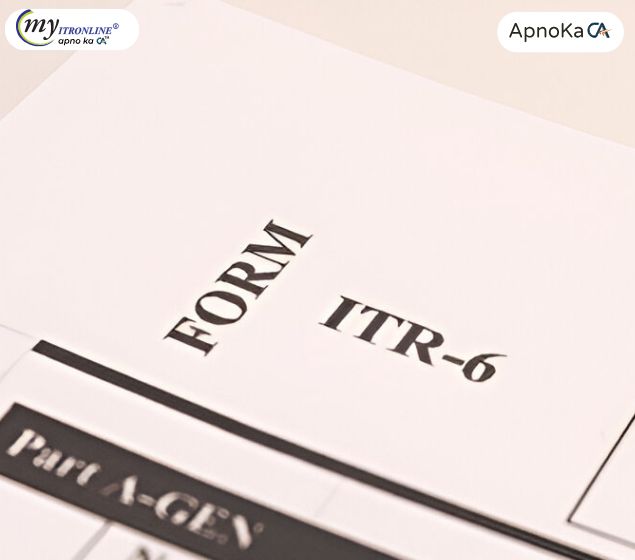
CBDT's ITR-Form 6 for AY 2025-26: Implications for Corporate Taxpayers
This blog post provides a detailed examination of the Central Board of Direct Taxes' (CBDT) notification regarding ITR-Form 6 for Assessment Year 2025-26. It clarifies who is required to file this form and highlights the key changes and reporting considerations, including digital assets, transfer pricing, and CSR expenditures. The importance of timely submission and staying informed about the new requirements is also emphasized.
.jpg)
ITR-1 & ITR-2 Filers: Switch Tax Regimes Without Form 10-IEA
This blog post clarifies that individuals and pensioners filing ITR-1 or ITR-2 (without business or professional income) do not need to file Form 10-IEA to switch between the old and new tax regimes on an annual basis. It explains that the choice can be made directly within the ITR form itself each year, even when opting out of the default new regime (effective AY 2024-25) or switching back to it later. The post contrasts this flexibility with the stricter requirement for those with business income (filing ITR-3/ITR-4) who must use Form 10-IEA to opt out and face limitations on switching back.
.jpg)
CBDT Notifies ITR Form 2 Early for AY 2025-26 | Start Your Tax Prep!
The Central Board of Direct Taxes (CBDT) has notified ITR Form 2 for Assessment Year 2025-26 through Notification No. 43/2025 dated May 5, 2025. This early release benefits individuals and HUFs without business/professional income but potentially having capital gains, foreign assets, multiple house properties, or income over ₹50 lakh (₹50 lakh), allowing more time for preparation. The blog explains who should file ITR-2, highlights the significance of early notification for taxpayers and professionals, discusses potential areas of change (like capital gains reporting), and outlines actionable next steps for taxpayers to begin their FY 2024-25 tax filing preparations.
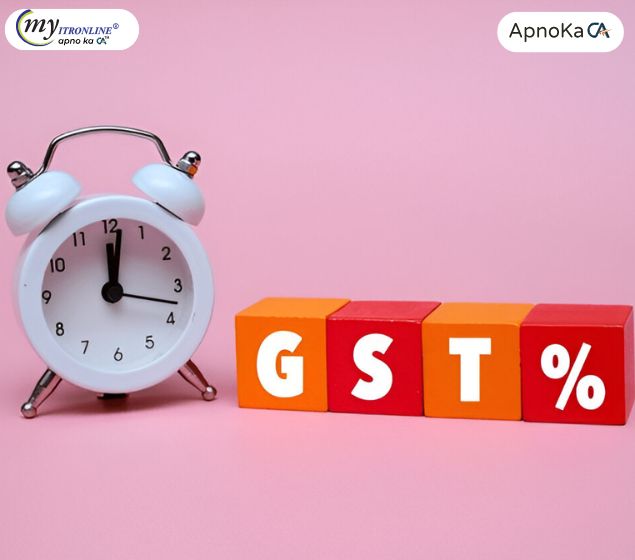
GST Registration Headaches? CBIC Unveils New Email Grievance Fix!
This blog post details the new email-based grievance redressal mechanism introduced by CBIC via Instruction No. 04/2025-GST (May 2, 2025). It addresses challenges like delays and improper queries during GST registration under Central Jurisdiction. Learn how to file grievances using dedicated Zonal email IDs, the required information (ARN, Jurisdiction, Issue details), handling of state cases, and the accountability via monthly reporting to DGGST.

AY 2025-26 ITR Filing: Understanding New Rules for Tax Reporting & Capital Gains
This blog post details the significant updates in India's Income Tax Return (ITR) forms for Assessment Year 2025-26 (FY 2024-25). It covers the default New Tax Regime and the opt-out process using Form 10-IEA, major changes in capital gains reporting including simplification for small investors (LTCG up to ₹1.25 lakh in ITR-1/4) and bifurcation of Schedule CG (pre/post July 23, 2024). It also explains key tax reporting updates like mandatory TDS section codes, enhanced deduction reporting via dropdowns, new rules for Section 80GG (Form 10BA), increased presumptive tax limits, and the revised threshold for Schedule AL. It concludes with a guide on choosing the correct ITR form and important filing deadlines.
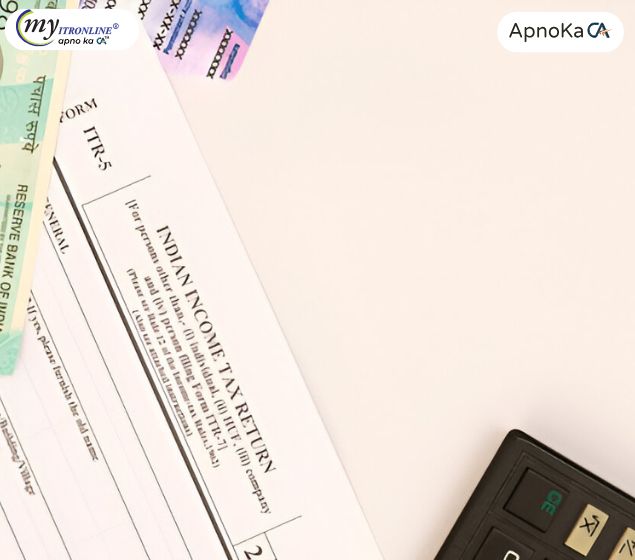
Attention Firms & LLPs: CBDT Releases ITR-5 Form for AY 2025-26 Filing.
The CBDT has released the updated ITR-Form 5 for Assessment Year 2025-26 (applicable to FY 2024-25) via Notification No. 42/2025 dated May 3, 2025. This blog post details who needs to file ITR-5, discusses anticipated key changes aligning with recent amendments and enhanced disclosure norms, outlines implications for taxpayers like Firms and LLPs, and provides actionable steps for compliance.
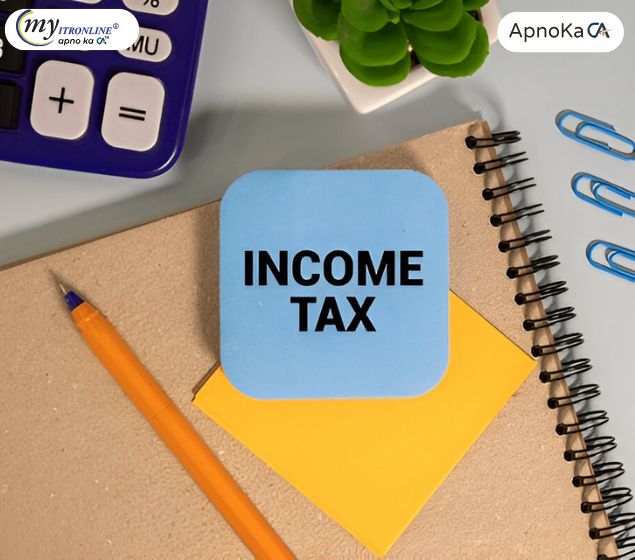
India Capital Gains Tax FY 2024-25: Shares & Mutual Fund STCG/LTCG Rates
This post details the taxation rules for capital gains from shares and equity mutual funds in India for FY 2024-25 (AY 2025-26). It explains the crucial changes effective July 23, 2024, including updated STCG and LTCG tax rates, revised exemption limits, holding period classifications, dividend taxation, and reporting requirements in ITR forms.
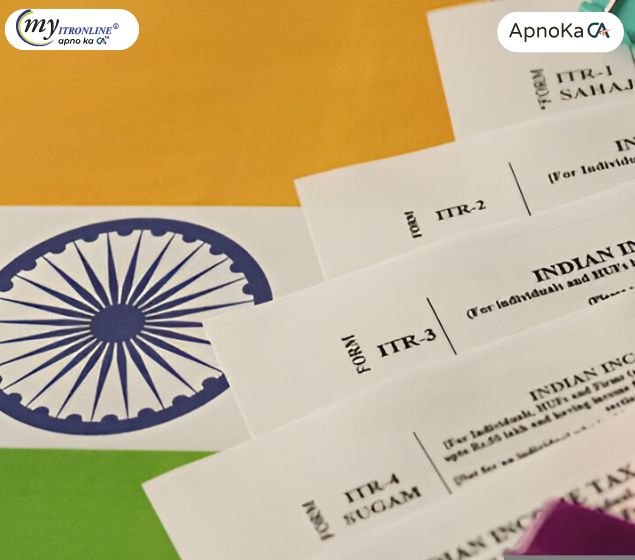
ITR-1 and ITR-4 Forms for AY 2025-26 Released Early: All You Need to Know
The Central Board of Direct Taxes (CBDT) has kickstarted the income tax filing season earlier than usual by releasing the ITR-1 (Sahaj) and ITR-4 (Sugam) forms for Assessment Year 2025-26. This blog explores the eligibility, permissible income sources, and filing restrictions for both forms. It also highlights a major update—taxpayers can now report Long-Term Capital Gains (LTCG) under Section 112A in ITR-1 and ITR-4 under specific conditions. Additionally, it explains the difference between form notification and utility release, emphasizes the importance of early preparation, and provides a comprehensive document checklist for smooth filing. The blog concludes by urging taxpayers to be proactive and file early to avoid last-minute hassles.
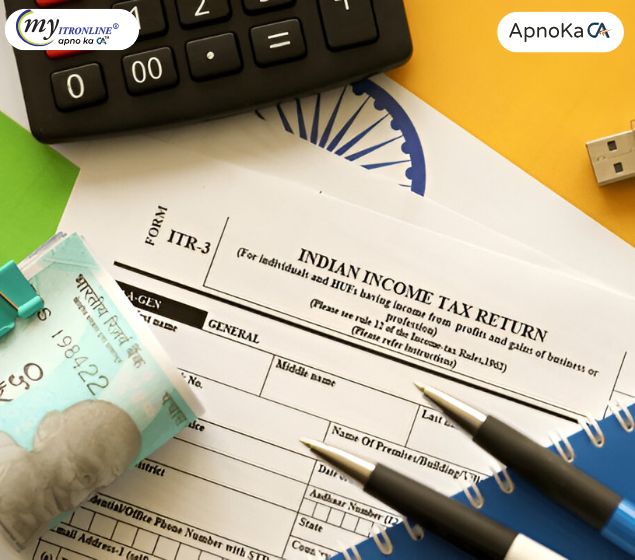
ITR-3 AY 2025-26 Key Changes: CBDT Notification & Updates Guide
CBDT has notified ITR-Form 3 for Assessment Year 2025-26 (FY 2024-25) via Notification No. 41/2025. This affects Individuals/HUFs with business/professional income. Key updates include a split Capital Gains schedule (pre/post July 23, 2024), new conditions for claiming share buyback loss (post Oct 1, 2024), an increased asset/liability reporting threshold to ₹1 crore, addition of Sec 44BBC reference, enhanced reporting for deductions like 80C & 10(13A), and mandatory TDS section code reporting. Taxpayers should review these changes for compliant filing.

High Income Taxpayers: Essential Update on Surcharge & Marginal Relief (AY 25-26 & Budget 25)
This blog explains the concept of income tax surcharge and marginal relief in India for AY 2025-26 (FY 2024-25). It details the current surcharge rates under both old and new tax regimes and illustrates how marginal relief prevents excessive tax liability near surcharge thresholds. Additionally, it covers key Budget 2025 proposals affecting FY 2025-26 (AY 2026-27), including revised tax slabs, increased rebate under Sec 87A, and a new type of marginal relief linked to the rebate threshold.
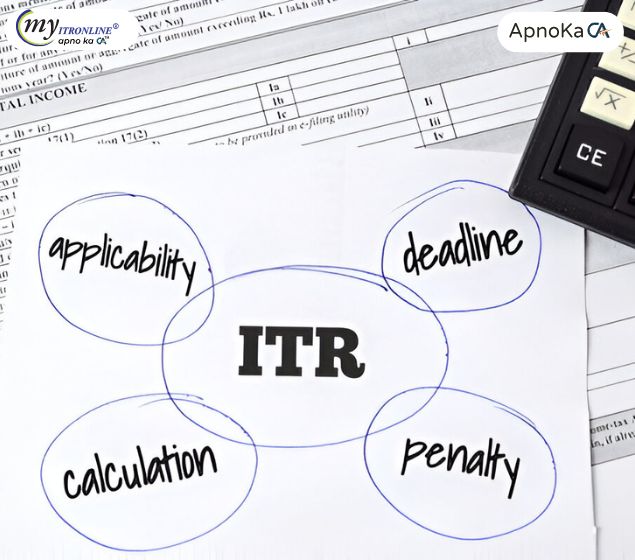
AY 2025-26 Tax Alert: Key Modifications in ITR-1 (Sahaj) & ITR-4 (Sugam)
This blog provides a detailed breakdown of modifications in ITR-1 and ITR-4 forms for Assessment Year 2025-26 based on a recent analysis. It explains the new allowance for minor LTCG under Sec 112A (up to ₹1.25 lakh) in both forms, the enhanced conditional presumptive tax limits under Sec 44AD/44ADA linked to digital receipts, and common changes. These common changes include expanded disclosures for Form 10-IEA (new tax regime opt-out), mandatory specific clause selection for Chapter VI-A deductions, enhanced reporting for Sec 89A (foreign retirement income), compulsory disclosure of all active Indian bank accounts, and mandatory selection of a refund account. The post advises taxpayers on how to prepare based on these specific updates.
